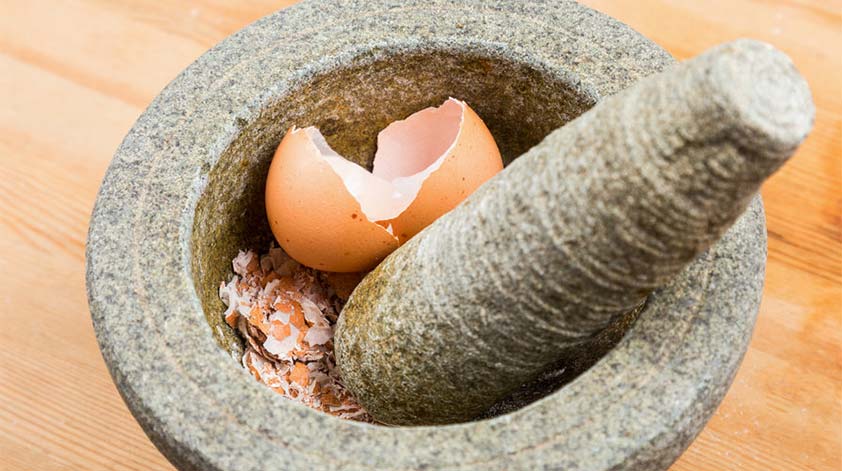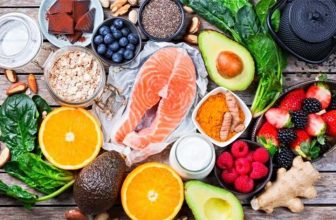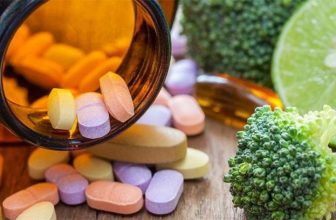
Have you ever wondered whether you could eat the shells of eggs or reuse them instead of throwing them in the bin? We all undoubtedly know what an eggshell looks like but do we actually know what it’s made of? Eggshells mainly consist of calcium carbonate (95%, 40% of which is absorbable by the body), a form of calcium, minerals and proteins, and the good news is, adding eggshell powder to your diet may well do you some good!
Clinical and experimental studies carried out on both rats and humans have shown positive results from consuming eggshell powder in terms of antirachitic (rickets prevention or curing) effects. More research performed on rats has also shown the positive effects on bone density in postmenopausal osteoporosis in ovariectomized female rats. Later clinical studies carried out on postmenopausal women and women with senile osteoporosis showed that eggshell powder reduces pain and osteoresorption, increasing mobility and bone density or arresting its loss.
It is even suggested, that calcium absorption (through eggshell powder) was 64% higher than pure calcium carbonate, this might be due to the presence of certain proteins in eggshells. Moreover, eggshells also contain small amounts of other minerals such as fluoride, selenium, strontium, and magnesium which play an important role in maintaining bone health.
If you make eggshell powder at home remember that there is no need to take off the eggshell membrane (between the shell and the egg white), since it is made mostly of collagen and a small amount other nutrients. Studies suggest that consuming eggshell membrane might have a positive effect on your joints.
But, what are the risks of eating eggshells? As you can imagine, knowing where the eggs come from is important, as they may be contaminated with bacteria (eg. salmonella), therefore you should always boil eggs before eating the shells. Common sense dictates that you should finely ground, thoroughly blend or process the eggshells into a fine powder since eating or swallowing large pieces of eggshell could hurt your throat and oesophagus. The eggshell’s natural calcium may also be contaminated by toxic metals, including lead, aluminum, cadmium, and mercury, however in much smaller quantities than other natural calcium sources, such as oyster shells.
Trying to stick to a more alkaline diet but can’t give up coffee? Then this might do the trick to balance your coffee’s acidity, so try this curious little recipe: eggshell coffee! Rinse the shells with hot water and after grounding or powdering, add it to the coffee grounds during the brewing process. Have you been eating eggshells for any significant amount of time? What benefits or effects have you noticed? Let us know by commenting below, joining in the conversation on Facebook and following us on Twitter & Instagram. (Check out our other healthy-foodie articles and flip YOUR Fit switch ON!)









